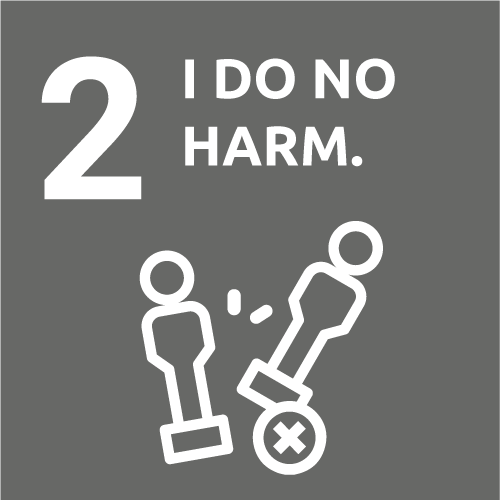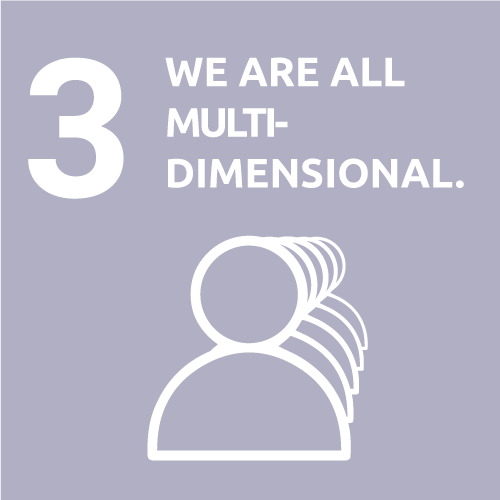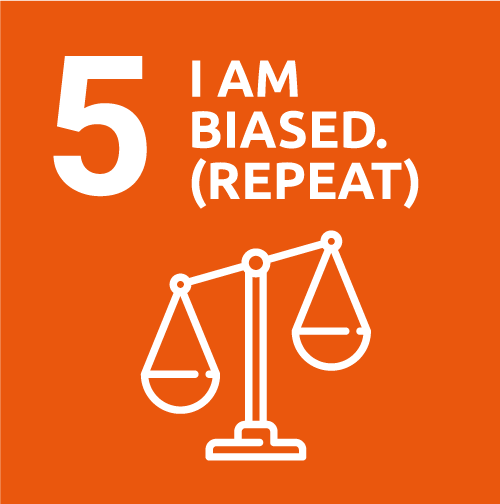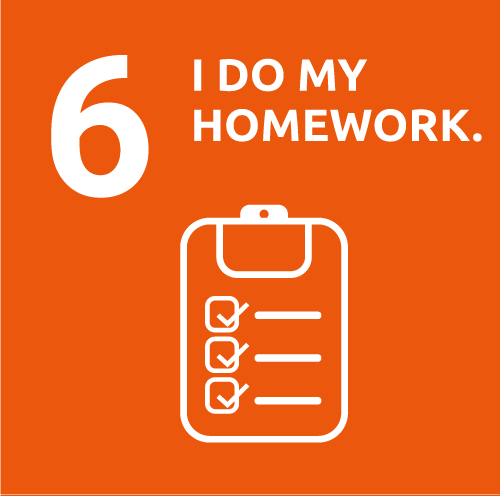The Principles
The 10 Dignified Storytelling Principles work together to describe, or define, “dignified storytelling.” The Principles have been developed through consultations with storytellers and communication experts as well as the existing literature around ethical storytelling and communications in development. They serve as the framework for action and the definition of the term.
Dignified storytelling upholds human dignity, a quality that every person is born with. We all matter equally. Because everyone is equal in their humanity, we all deserve and have the right to be treated well and respectfully. In turn, we all have a responsibility to uphold everyone else’s dignity through words and action. Our sense of whether our dignity is honored or violated is influenced by many factors, including culture, circumstances, and the ways we are treated. Words and actions can have an enormous impact on a person’s sense of dignity – which is one of the reasons it is so important to gather, tell, and share stories in ways that uphold and do not violate a person’s humanity throughout the process.
The Dignified Storytelling Principles can help guide us towards storytelling that is grounded in deep respect, full transparency, and social responsibility. The Principles are interconnected and each of the principles serves as a part of the whole.
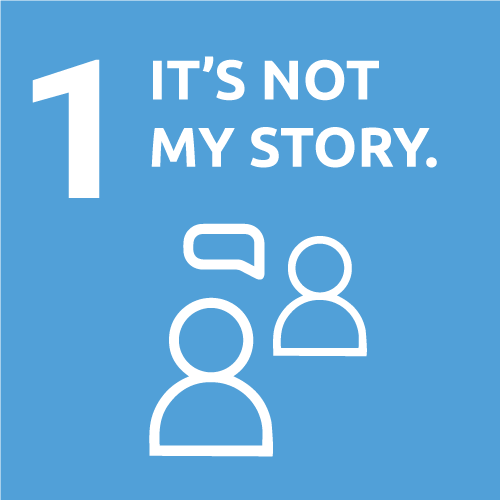
Amplifies contributors’ voices and experiences, honouring their wishes on what story is told and how it is told.
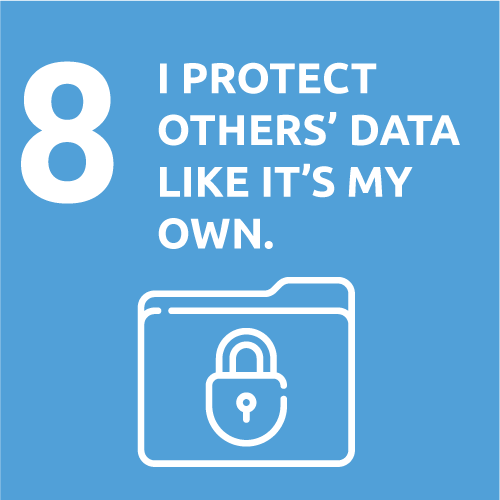
Processes and manages content responsibly in line with existing data protection guidance and laws.

